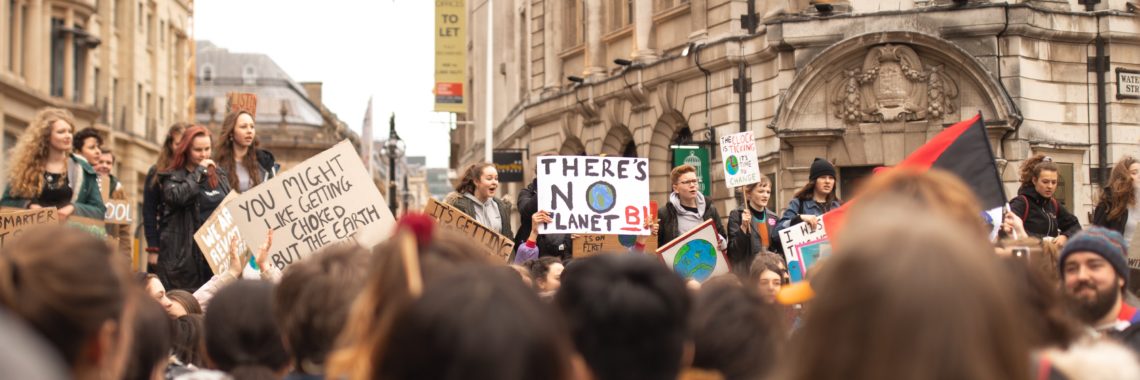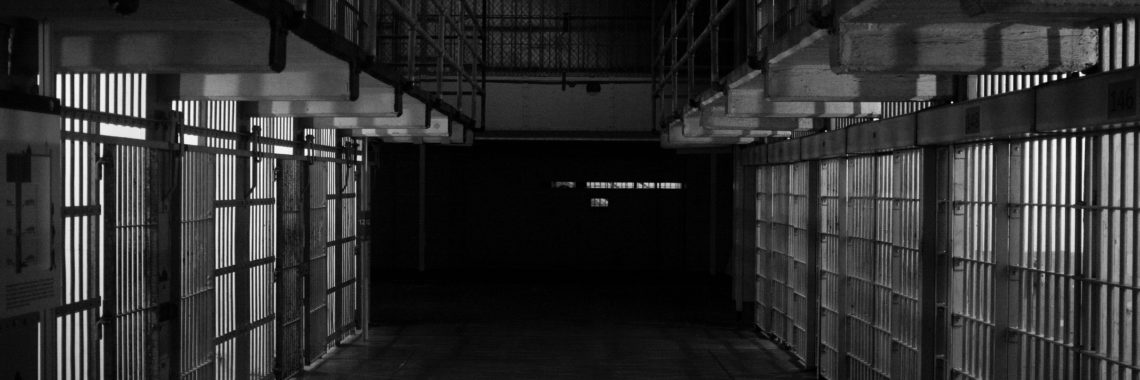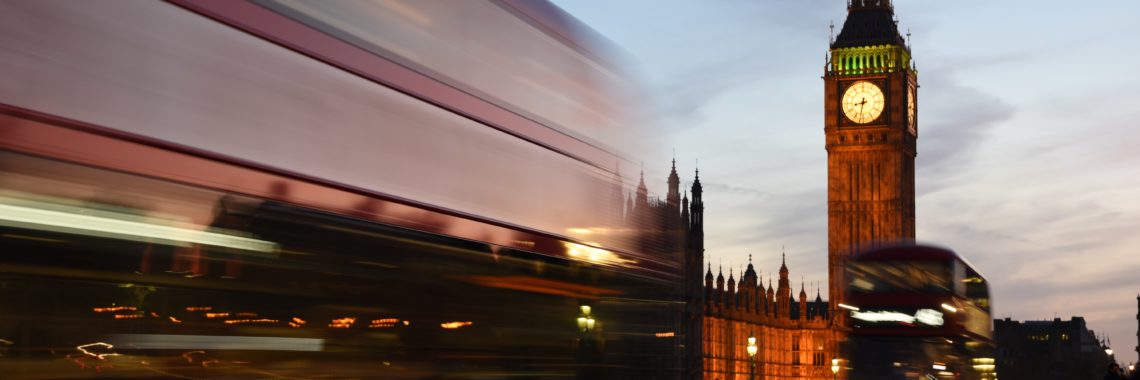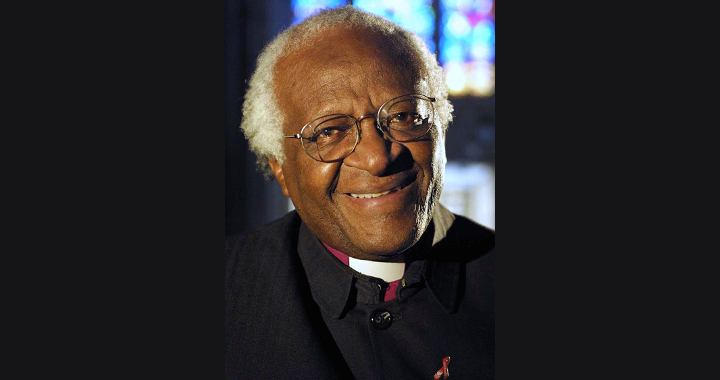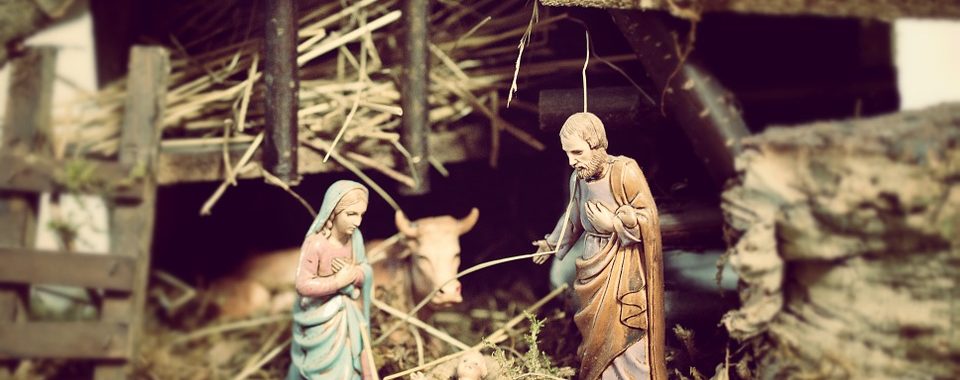“Institutional Erasure: Legal Pluralism in Colonial Egypt” by Samy A. Ayoub
Legal pluralism, as practiced in Egypt in the 19th – 20th centuries, was made possible within institutional structures, procedural norms, and Islamic legal practice under Khedival rule. Islamic legal practice during Ottoman rule not only made other legal traditions accepted within a pluralist legal order, but also, it made them germane to how the system…



